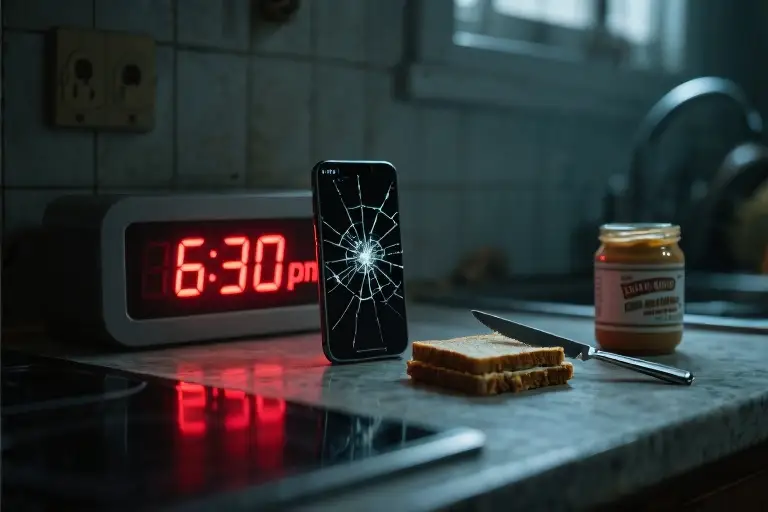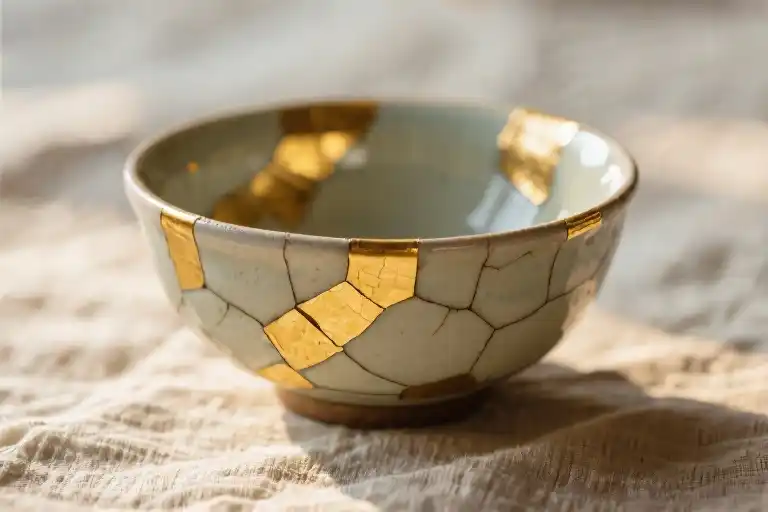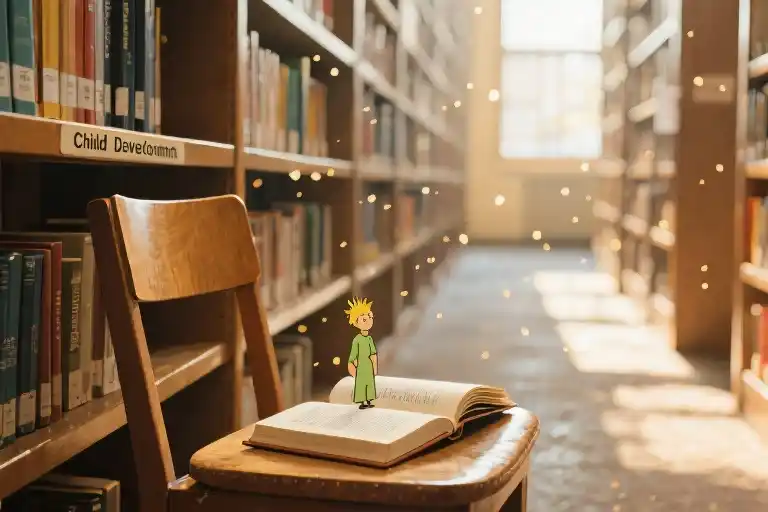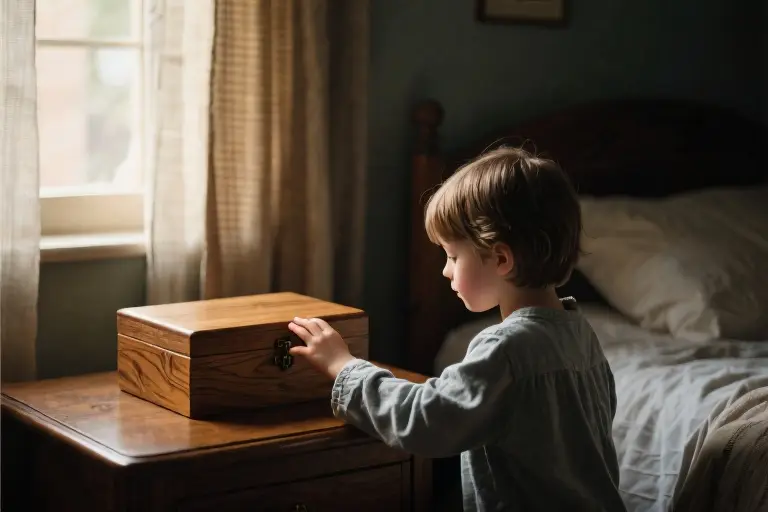The clock glows 6:30pm in radioactive green, the exact minute your call used to slice through my evenings like a warm knife. Now the phone sits mute, its screen dark as a closed eyelid. I count seventeen rapid heartbeats before noticing the crimson droplet swelling at the charging port—impossible, yet there it pulses, matching the rhythm of my temples. By 6:32pm, I’ve mentally buried you in six cities across three continents: crushed under Tokyo subway turnstiles, dissolved in Venice canal water, your favorite blue scarf caught in Chicago revolving doors.
This is how grief rewires reality. The brain’s desperate alchemy turns five minutes of silence into forensic timelines, transforms charging cables into umbilical cords still pumping phantom connection. That vintage rotary phone on your grandmother’s wall? I suddenly understand why its cord stretched three meters—enough slack to pace through every catastrophic scenario while waiting for a voice that never comes.
Psychologists call this ‘anticipatory bereavement,’ but no clinical term captures the visceral truth of staring at a smartphone until the lock screen photo of us at Coney Island pixelates into abstraction. The cruelest math: 6:30pm still arrives with atomic precision, yet its meaning has decayed like uranium half-life. My thumbs hover over your contact photo (cropped from our last brunch, maple syrup glinting on your lower lip), performing the muscle memory of a call I know will cascade into voicemail purgatory.
Three months ago, this same device transmitted your laugh so clearly I could trace the new rasp in your voice—the one you blamed on pollen counts. Now it’s become a cruel time capsule, preserving our last text thread about laundry detergent like some digital Pompeii. I’ve developed a Pavlovian flinch whenever my UberEats notification chimes at 6:29pm, one minute before the witching hour when reality splits: in one universe, my phone lights up with your sunset selfie mid-commute; in this darker timeline, I’m left reverse-engineering your silence like some grief-stricken detective.
That crimson droplet has evaporated. The phone now reflects my distorted face back at me—mouth slightly open as if mid-sentence, caught in perpetual readiness for conversations that died with your last voicemail. Outside, a car backfires and for one glorious millisecond, my nervous system convinces me it’s your motorcycle pulling up. The illusion shatters when my neighbor’s toddler shrieks with laughter—a sound so similar to your snort-laugh that my hands actually reach toward the window before logic intervenes.
At 6:37pm, the first star appears through my smudged kitchen window. I count seven slow breaths like you taught me during your brief meditation phase. Somewhere between breaths four and five, I realize I’ve been pressing the phone to my sternum, its residual warmth the closest thing to embrace I’ll ever receive from you again. The lock screen clock flips to 6:38pm. Eight minutes since the world ended. Again.
The digital clock blinks 6:30pm in corrosive red, the numbers bleeding into the glass surface. Outside, the subway announcement drones through our thin apartment walls—Next train to Coney Island in four minutes—the same robotic voice that used to cue your daily call. My thumb hovers over your contact photo (that crooked smile from Coney Island last summer), the screen already slick with sweat though the phone hasn’t rung.
Three breaths. That’s all it took for my knees to liquefy against the kitchen tiles. The refrigerator hums the tune you used to whistle while making sandwiches, its white noise failing to mask the tinnitus-sharp silence where your “Hey, just checking in” should be. My index finger twitches toward redial, but the joints lock mid-air like rusted clockwork—because what if the paramedics answer? What if they’re using your phone to call the next name on your emergency contact list?
Through the warped glass of the microwave door, I watch 6:31pm twist into a cardiac monitor flatline. The half-made peanut butter sandwich mocks me from the counter, knife still buried in the jar where you’d always leave it, handle angled northeast like a compass needle pointing to your side of the bed.
Grief writing begins here: in the way my lungs refuse to expand until the MetroCard reader beeps downstairs (your train pass still tucked behind my license), in how the digital clock’s colon pulses like an open wound between the hours and minutes. The emotional healing through writing they preach in therapy groups never mentioned how loss rewires your nervous system—how the absence of a single ringtone can make your diaphragm cramp like you’ve been gut-punched.
When the phone finally vibrates at 6:37pm (spam caller), the relief tastes more poisonous than the peanut butter I’ll later scrape into the trash. Your last voicemail plays automatically—“Don’t forget the milk”—and suddenly I’m describing loss in writing with my forehead pressed to the freezer door, cataloging the crystallized frost patterns that look exactly like your EKG readout from…
Somewhere below us, a train screeches into the station. The sandwich bag deflates with a sigh as I twist it shut, leaving just enough air inside to pretend it’s still waiting for your lunchbox.
The Monument of Taste
The kitchen counter still holds the ghost of your movements – the precise 45-degree angle at which you’d saw through the bread with that serrated knife, the way the plastic bread bag would crinkle like autumn leaves when you shook out the last slices. I’ve measured the indentations your grip left on the handle, deeper on the right side where your arthritic fingers pressed hardest. That knife now rests in the drawer like a relic, its teeth dulled from cutting nothing but air these past months.
Psychologists call it the ‘Proust effect’ – how taste and smell can ambush us with memories more violently than any photograph. You proved this every morning when you’d slide that imperfect triangle of peanut butter sandwich across the counter. The crusts always uneven, globs of Skippy clinging to the edges where your trembling hands missed the mark. I’d watch amber droplets fall onto the Formica, counting them like rosary beads while you pretended not to notice my staring.
Last week, I sat at a Michelin-starred restaurant where the waiter presented duck confit on a silver platter that reflected the kitchen’s fluorescent lights. The plate was so polished I could see the chef’s shadow moving behind the pass, his shoulders hunched exactly as yours used to when spreading condiments. The duck tasted of nothing. Not nothing – it tasted of metal and absence, of every expensive meal we’ll never share. I asked for peanut butter. The waiter’s eyebrows became punctuation marks above his mask.
Back home, I reconstructed your sandwich ritual with forensic precision:
- The bread bag’s red twist-tie (always saved in the ceramic owl by the toaster)
- Three slow strokes of the knife through the jar (you insisted this prevented air bubbles)
- The clockwise spreading motion that left spiral patterns in the peanut butter
At step four – cutting diagonally from corner to corner – the knife slipped. A bead of blood welled up on my thumb, round and red as the twist-tie I’d forgotten to save. The sandwich fell open-faced onto the counter, peanut butter side down of course, because grief has its own dark humor. I left it there for hours, watching the oil separate and pool like liquid amber in the afternoon light.
They say smell is the sense most closely linked to memory. What they don’t say is how the absence of a smell can become its own presence. When I finally threw the ruined sandwich away, the trash can exhaled your absence – no trace of the peanut-butter-and-beta-blockers scent that used to linger on your shirtsleeves. The plastic bag made no sound as it settled at the bottom. No crinkling. No laughter. Just the electric hum of the refrigerator counting seconds until 6:30pm.
The Archaeology of Touch
The braiding ritual began with your cold hands against my warm scalp – that cruel paradox of touch where my skin burned while your fingers turned to ice. You’d part my hair with trembling precision, each section falling into place like fragments of some ancient artifact we were trying to reconstruct. The bathroom mirror would fog with our shared breath, your reflection blurring as you worked, becoming less a person and more a presence.
I remember how the strands would catch between your knuckles, those swollen joints pausing mid-weave when the pain flared. You’d exhale sharply through your nose – that sound like wind through winter branches – before continuing with renewed determination. The braids always emerged lopsided, one side tighter than the other, the elastic band clinging desperately to uneven sections. “Modern art,” you’d declare, wiping condensation from the glass to reveal your handiwork. Neither of us mentioned how the style resembled the way your mother used to braid your hair before school.
There was sacred geometry in those flawed creations. The right side – your good hand’s work – formed perfect equilateral triangles between crossings. The left side collapsed into asymmetrical trapezoids where numbness made your grip falter. Together they mapped the progression of your condition better than any medical chart. I’d wear those crooked braids for days, resisting the urge to fix them, because unraveling them meant erasing the last physical evidence of your fingers moving through my hair.
Sometimes, when the heating failed in our apartment, you’d press your frozen palms against my neck afterward, laughing at my startled jump. Your touch left temporary pale patches on my skin like reverse fingerprints – the absence of warmth more visible than the contact itself. Now, in shower steam or summer humidity, I still feel those phantom imprints when condensation gathers on my shoulders.
The comb we used sits untouched in the medicine cabinet, its teeth still holding a few strands of my hair crossed with one silver strand of yours. A museum exhibit of what we were. Visitors to this archaeological dig of grief would label it: Domestic artifact, early 21st century. Used in daily bonding rituals. Note the wear patterns indicating prolonged use despite physical discomfort.
What the future anthropologists won’t understand is how your deteriorating dexterity made those braiding sessions more precious, not less. Where others might see decline, I witnessed devotion – every miswoven strand a rebellion against the inevitable. The colder your hands grew, the tighter I’d sit between your knees, willing my body heat to travel up your legs, through your torso, down your arms. A human IV drip of warmth.
Now when I braid my own hair, I deliberately leave one section loose near the crown – a flaw to honor your memory. The wind tugs at it throughout the day, and each time I feel the pull, I imagine it’s your fingers giving one final adjustment to your last modern art masterpiece.
The Unstitched Night
A Catalog of Impossible Repairs
The red thread unspools across the kitchen counter like a vein pulled from my wrist. I line up the tools with ritual precision: surgical steel scissors (never used), a bottle of isopropyl alcohol (expired last March), and the morning light slanting through the blinds (always insufficient). This is how grief prepares its operating theater—with household items repurposed as holy relics. The needle glints when I hold it up to 5:47am, that liminal hour when the world feels soft enough to mend.
How can I explain the arithmetic of loss? That every wound I imagine stitching closed on your body requires three inches of thread, which means the spool contains approximately 83 potential healings. Enough for all the cigarette burns on your right forearm from anxious nights, the jagged canyon along your left knee from childhood recklessness, the constellation of IV punctures that bloomed during those final months. I practice sutures on grapefruit rinds, their pith yielding like aging flesh. The peel weeps acidic tears onto the alcohol swabs.
Phantom Cartography
Supermarkets become minefields of mistaken geometry. Yesterday, a woman’s shoulder blades aligned exactly with the slope of your spine as she reached for oat milk. The clatter of her shopping cart against the freezer aisle sounded like your old Nokia vibrating against Formica. For seventeen seconds, I existed in a parallel dimension where you’d simply forgotten to call at 6:30pm because you were comparing almond brands. Then she turned, and the universe righted itself with cruel efficiency.
How can I explain the physics of absence? That your silhouette now adheres to strangers through some gravitational pull I can’t unlearn. That every dark-haired man bending over a deli counter triggers my peripheral vision into conspiring against reality. The delusion persists just long enough for hope to flare—three breaths, maybe four—before dissolving into the fluorescent hum of mundane existence.
Chronology of a Seam
The wound I return to most often isn’t on your body but mine: a crescent moon beneath my ribs where your elbow used to nestle during movies. I measure time in suture stages now. 6:31pm—clean the area. 6:42pm—thread the needle. 6:55pm—pull the skin taut. By 7:30pm, I’ve reconstructed the exact pressure of your weight against me on that last Tuesday, down to the way your left foot always tucked under my calf. The stitches hold until dawn, when light exposes my clumsy embroidery of longing and regret.
How can I explain that healing and haunting share the same root system? That the very act of remembering becomes a kind of delicate violence? The phone rings at 6:30pm sharp—a telemarketer, always a telemarketer—and for half a second, the world unspools its red thread back to when endings were still theoretical.
The Clock Stops at 6:31
The digital clock glows crimson in the dark – 6:31pm. A minute has never weighed so heavily. That thin line of light pulses like an EKG flatlining, each flicker measuring the silence between what was routine and what is now rupture. Your 6:30pm call used to arrive with the precision of atomic timekeeping, syncing our days across zip codes. Now the display mocks me with its unblinking certainty: time moves forward even when grief insists it shouldn’t.
I catch myself holding my breath as the last digit changes, as if the universe might rewind itself if I don’t acknowledge the progression. The second hand stutters like my heartbeat used to when your caller ID flashed on screen. There’s poetry in this malfunction – the way mechanical time mirrors biological time when love becomes loss. Even the clock knows some silences deserve tremors.
Your 6:30pm belonged to stolen moments between subway stops, to the crinkle of paper bags as you unpacked dinner ingredients, to the background chorus of evening news anchors signing off. It was the time when your voice became the bridge between my professional armor and private tenderness. Now that minute gap yawns like a canyon, and I’m left tracing its edges with raw fingertips.
They say grief lives in the body’s memory before it reaches the mind. My palms still grow damp at 6:25pm. My throat tightens when digital clocks display colon-shaped punctuation. The phantom vibration of a phone that never rings travels up my forearm like an amputee’s ghost limb. These cellular rebellions against reality are perhaps the most honest memorials I can offer you.
What does your 6:30pm hold now? Does it ripple through some cosmic switchboard where all lost connections eventually reroute? Or has it dissolved into the quiet hum of whatever comes after – the way morning mist forgets it was ever ocean? I press my ear to the clock’s plastic shell, listening for echoes of your last voicemail trapped between quartz oscillations.
The cruelest arithmetic of loss isn’t subtraction but division – how one timeline splinters into parallel realities. Somewhere, a version of me still lifts the receiver at 6:29pm. Somewhere, your breath still fogs the mouthpiece as you recount the mundane miracle of another day survived. Here, in this fractured present, I measure eternity in sixty-second increments, waiting for a minute hand to bend backward…
Your 6:30pm now belongs to





